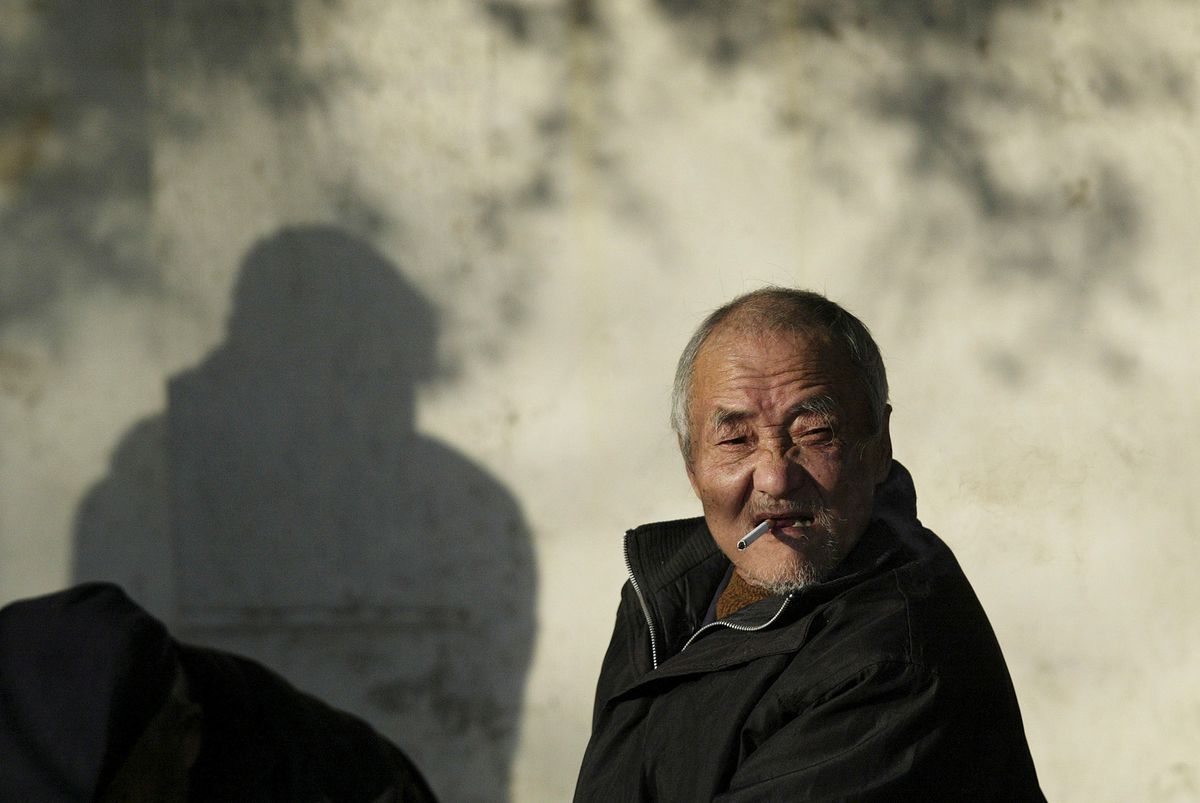Latest News: Aluminium
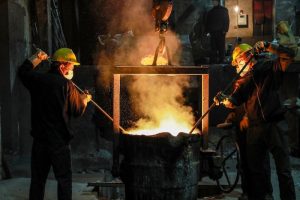
While China exports only tiny volumes of steel to the US, it is responsible for much of the world's excess steel capacity which eventually makes its way to American markets
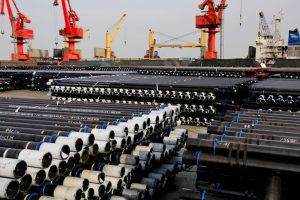
China’s announcement last week on ending export tax rebate means exporters of affecting products — ranging from aluminium to used cooking oil — will look to pass on the resulting extra costs
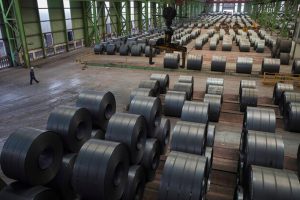
Beijing is under pressure to accelerate the decarbonisation of its heavy industries ahead of looming carbon tariffs from the European Union

Canadian Prime Minister Justin Trudeau has said China was 'not playing by the same rules' as the rest of the world. He is also considering similar levies on imports of chips and solar cells
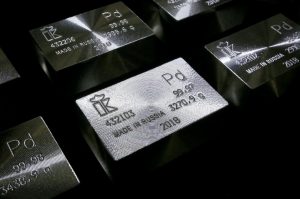
Russia's invasion of Ukraine is ramping up the price of metals used in cars, from aluminium to palladium to the high-grade nickel in electric vehicle batteries
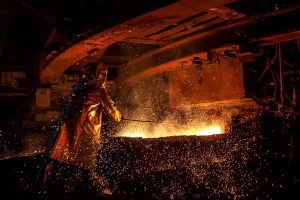
London nickel prices soared as much as 30.7% on Monday, the biggest daily percentage gain on record, as supply fears gripped markets amid an escalating Russia-Ukraine conflict
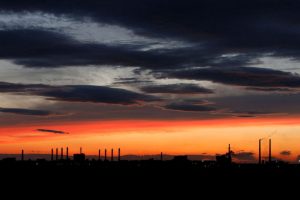
Russia produces about 6% of the world's aluminium. It is also a major producer of natural gas used to generate electricity that powers production of aluminium.
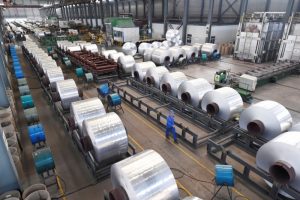
Three-month aluminium on the London Metal Exchange jumped 3.3% to $3,402 a tonne by 1700 GMT after touching a record of $3,480
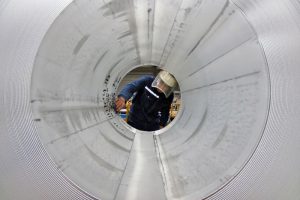
Baise produces about 2.2 million tonnes a year, more than 80% of output in Guangxi, the country's main alumina-exporting region
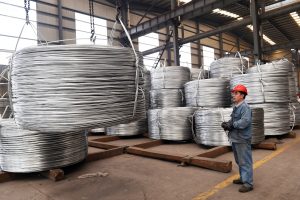
The metal used in everything from aircraft to cans rose as much as 3.3% to a 13-year high of $3,236 a tonne on Tuesday. It later eased to $3,187.

China accounts for 57% of global supply of the metal and previously exported 5-6 million tonnes annually
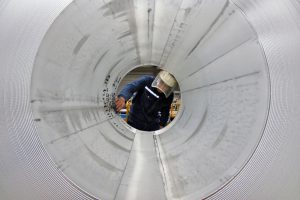
Discussions follow US and European Union move to end dispute and hammer out deal to combat "dirty" production and overcapacity
AF China Bond
- Popular











